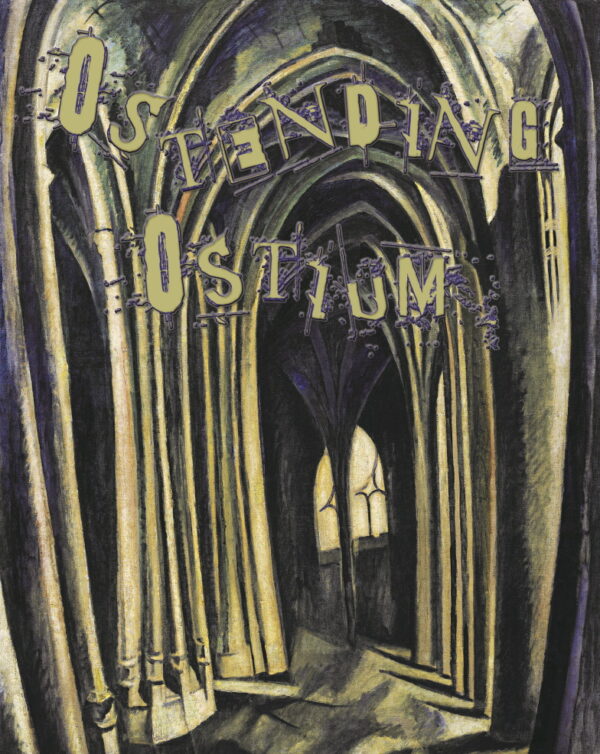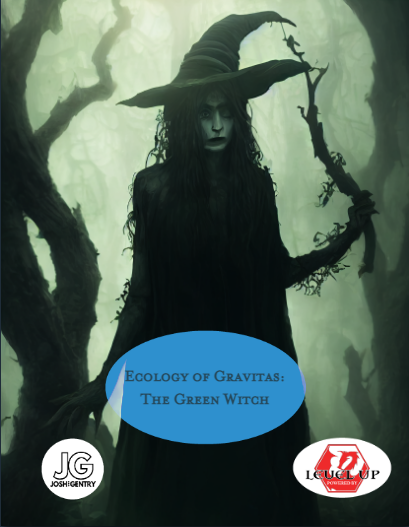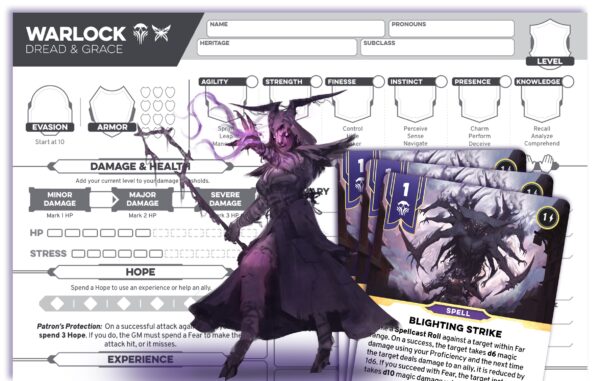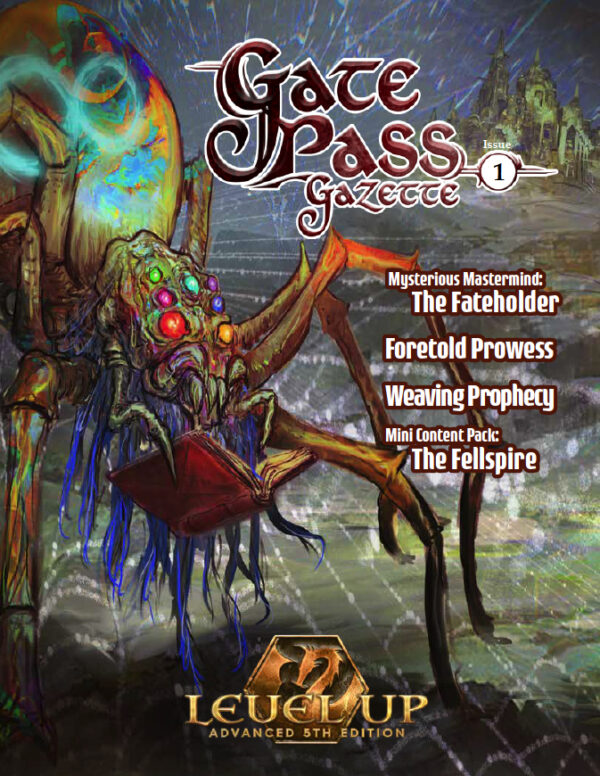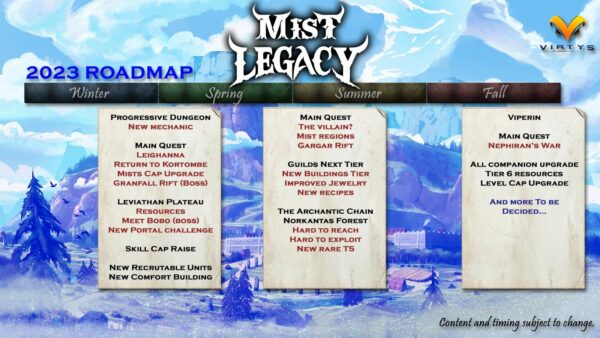
Whether or not the Open Game License v1.0a is revocable is one of the main things being argued about during this whole OGL-gate crisis, with lawyers firmly stating opinions on both sides of the issue. We all know that Ryan Dancey, the OGL’s ‘architect’ (along with IP lawyer Brian Lewis, who was WotC’s in-house counsel at the time) firmly believes that the license is irrevocable–in his words, “If that had been a power that we wanted to reserve for Hasbro, we would have enumerated it in the license.”

But why didn’t it just say so? On the face of it, including that simple word might have prevented this whole crisis. Dancey commented on Facebook:
because in Y2K that term was not used in state of the art copyleft licenses like the LGPL or the Apache or BSD licenses. There’s no “magic word” in US contract law that lets you walk away from your obligations.
The OGL was based on existing software open source licenses; it even predates Creative Commons by a couple of years.
Just on this site there are lawyers on both sides of the ‘revocabiity’ debate, and on social media and elsewhere there are many more. In this thread no less than SIX lawyers weigh in over an 86-page debate, and they don’t all agree. WotC clearly currently believes it to be revocable (but didn’t believe so before), and Paizo believes the opposite.
The license does indeed contain the term ‘perpetual’, but many lawyers have argued that the precise legal meaning of that term is not the same as the common English meaning, and that it does not render a license irrevocable. On the other hand, legal minds have pointed out that the license contains no verbiage regarding ‘de-authorization’, or any mechanism for doing so. That said, if all lawyers agreed, we wouldn’t need courts.

I reached out to the architect of the original Open Gaming License, former VP of Wizard of the Coast, Ryan Dancey, and asked his opinion about the current plan by WotC to ‘deauthorize’ the current OGL in favour of a new one. He responded as follows: Yeah my public opinion is that Hasbro does…
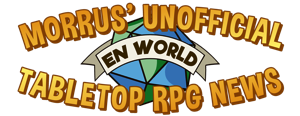 www.enworld.org
www.enworld.org It’s clear that Dancey’s, Lewis’, and indeed WotC’s intent at the time was to make it impossible to revoke the OGL, and that that was the proposition offered to third party publishers at the time. D&D historian Ben Riggs (author of Slaying the Dragon: A Secret History of Dungeons & Dragons) comments:
This is a radical change of the original intention of the OGL. The point of the OGL was to get companies to stop making their own games and start making products for D&D. WoTC execs spent a ton of time convincing companies like White Wolf to make OGL products. To act like the existence of Paizo or Kobold is a perversion of the OGL may be gaslighting, it may be ignorance, but it is certainly nonsense.
Everybody believed the OGL was irrevocable at the time. Dancey and Lewis did. WotC did. The entire industry did. Everybody. Whether or not the license can be de-authorized, it is certain that a breach of trust has taken place.
Dancey has posted a blog where he talks more about his current attempts to save the Open Gaming License.
The leverage that the company believed it had was their perception that they had the right to deauthorize and revoke the v1.0a version of the license. They do not. Attempting to do so will result in difficult litigation which ultimately poses a risk to Wizards of the Coast’s fundamental conception of what it can copyright and protect with US intellectual property rights laws.


